An interview with Bong Bach Tuyet Cotton CEO Nguyen Khanh Linh
Cotton at the core of Covid-19: ensuring local medical mask production in Vietnam
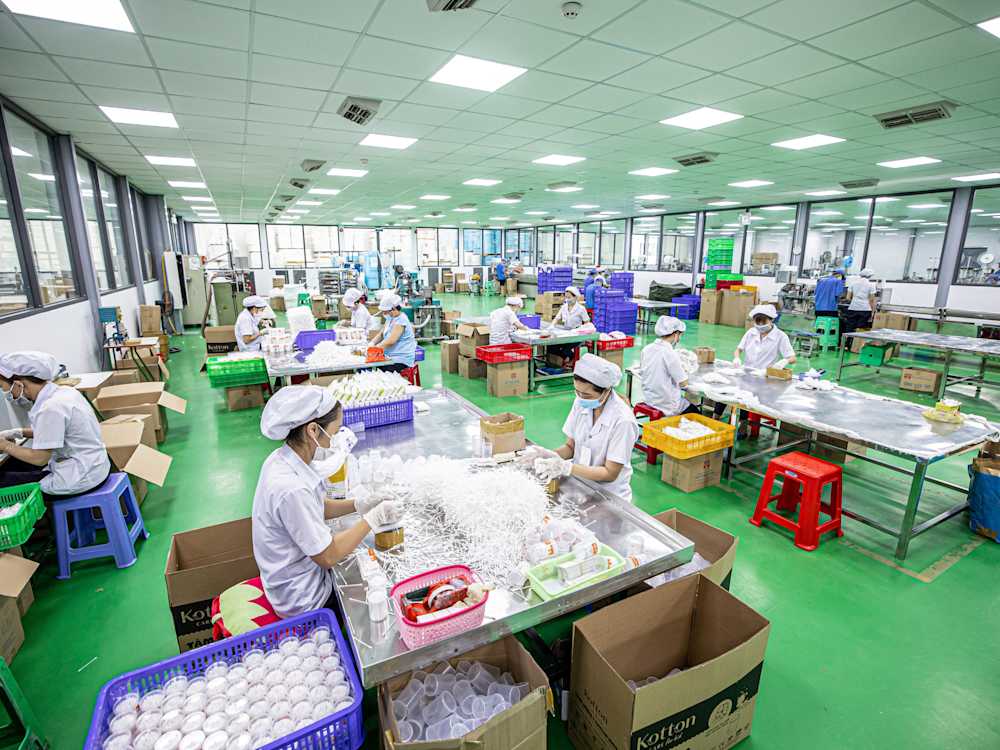

Mr. Nguyen Khanh Linh is the CEO and Vice Chairman of Bong Bach Tuyet JSC, a 60-year-old company that manufactures and distributes medical products such as cotton, gauze, and other hygiene products. Mr. Linh has over 20 years of experience in finance and manufacturing. He has held top executive positions in many large Vietnamese corporations, including Viet Capital and the Foreign Trade Development and Investment Corporation of Ho Chi Minh City. He is also a member of the board of directors of Saigon 3 Group, the parent company of Bong Bach Tuyet.
Through a novel social bond launched earlier in 2021, responsAbility has provided critical financing to BBT Cotton. This capital will allow the company to purchase more machinery and equipment, improve production capacity, expand scale, and be more proactive in increasing working capital turnover to improve operational efficiency. Learn more in this interview with CEO Nguyen Khanh Linh.
When and why was the company founded. What is the company’s mission?
Bong Bach Tuyet, formerly known as Cobovina Bach Tuyet, was founded in 1960 with the mission to provide consumers with safe, convenient, and quality products made from cotton. Currently, the company specializes in producing medical cotton products and women's sanitary napkins to meet the basic needs of daily life. After 60 years, the Bach Tuyet Cotton brand is a household name in the hearts of Vietnamese people.
How do you ensure your medical products are affordable to all people without compromising on quality?
With 60 years of experience, production efficiency and rigorous quality control are engrained in our business. This means that we know how to produce premium quality at market prices that are affordable to consumers.
That said, while many BBT products are in the same cost-bracket as competitors, such as cotton swabs, gauze, and masks, others are priced 5% to 10% higher. With the loan from responsAbility, we will further increase our production efficiency and quality control, with a resulting lower production cost, which translates into more affordable prices for the consumers.
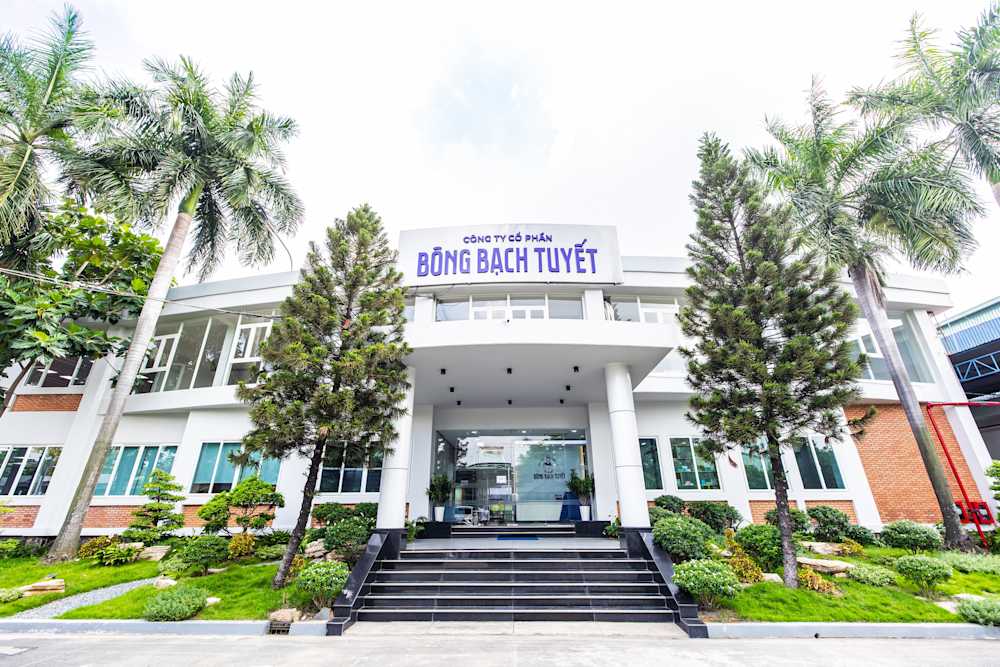
You ramped up protective mask productions drastically during Covid-19. How were you able to do that?
We had many years of experience producing medical masks prior to the Covid-19 epidemic, which gave us an advantage in rapidly increasing and expanding production. And thanks to our long-term relationships with partners and suppliers in the industry, we were able to purchase raw materials for production and build more production lines in a short period of time.
We learned that you resisted a price increase on protective masks last year despite the increase in raw material costs. Why is that important and can you share how you managed that?
Consumer trust has been the foundation of BBT's brand. In the face of the negative impact of the Covid-19 epidemic, our company values meant that we would not take advantage of the opportunity to maximize profits, but rather accept the responsibility to share common difficulties with society and our consumers. As a result, we strongly opposed raising the price of medical masks. Plus, we actively took the initiative to stock up on raw materials in large quantities in advance, and we negotiated with our counterparties in order to limit any price increase on raw materials. Simultaneously, we reorganized personnel, increased capacity, cut costs, and improved our operations.
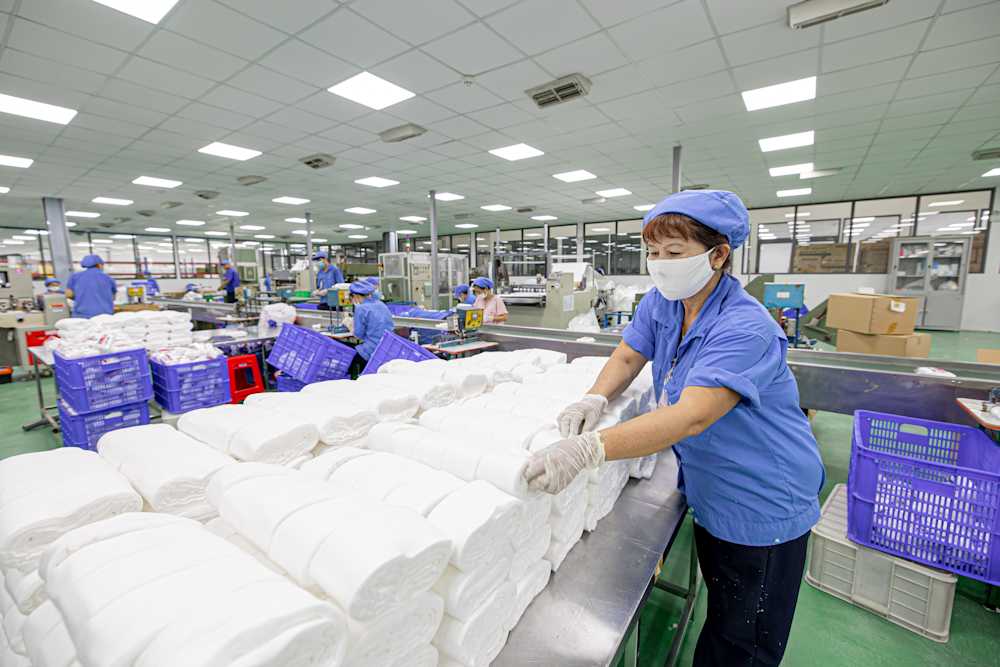
Apart from protective masks, what are the products you have ramped up to support the healthcare system in Vietnam to overcome Covid-19?
In addition to medical masks, we research and launch new products to support testing, such as test strips and alcohol-soaked cotton, directly serving and meeting the needs of Vietnamese people when the pandemic occurred. We provided 13,600,176 test strips and 12,925 boxes of alcohol swabs from January 2021 to September 2021. We currently supply 4,000,000 test strips and 1,000 alcohol cotton boxes per month.
In hindsight, how significant was it that Vietnam has the capability to produce protective masks and other essentials to meet local demand? We know that global medical related trades were severely disrupted last year.
During the Covid-19 pandemic, medical tools and supplies were the most important weapons in the fight, aside from vaccines. Vietnam is a densely populated country with a large proportion of the population employed in manufacturing. As a result, medical supplies to combat the pandemic are required for the economy to function normally, so producing them locally was crucial to maintain a steady supply and support the continuation of day-to-day business.
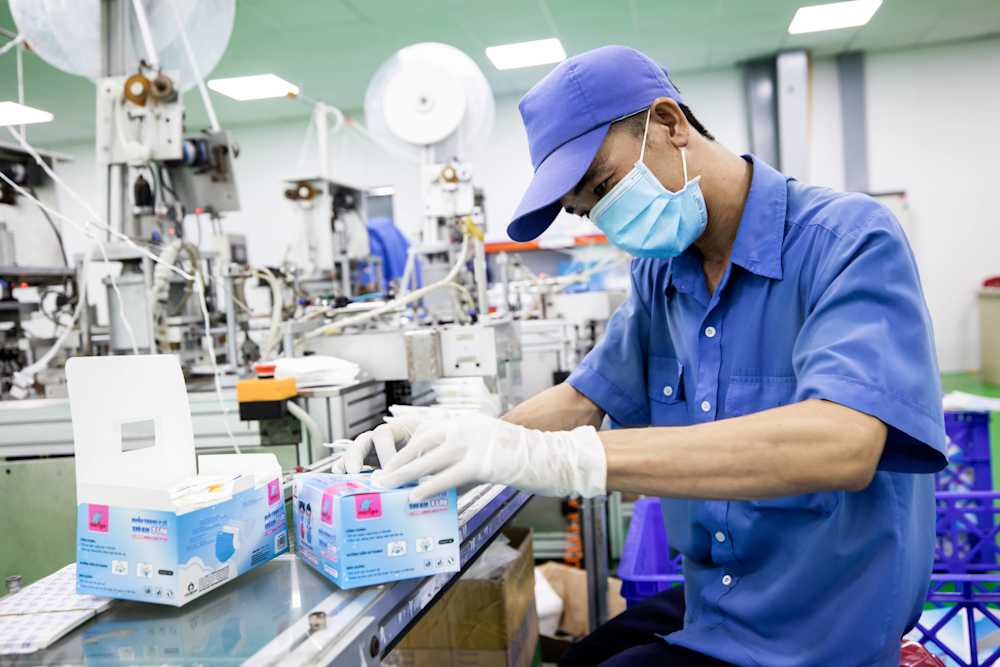
What is your company’s commitment to sustainable production?
Sustainable production is a term that is part of our wholistic mindset, and we have done a lot to maintain and promote sustainable production: factory reorganization, line reorganization, renovation of working space, enhancement of our employees’ skill level, restructuring of the production process to be lean and efficient, elimination of intermediate stages, and increase in worker income, among other measures.
We are specifically working to improve cotton cooking technology. This technology allows for less chemical use, less energy consumption, and higher productivity and quality. Furthermore, we invest in new boilers that use renewable energy technology to improve long-term performance and reduce pollution.
Have you seen any innovative ideas for the recycling of facemasks and other medical materials that you produce that have increased in demand since the start of the pandemic?
We have noticed certain product improvements during the production of medical masks, and we are pushing it further so that we can upgrade the quality of the product and increase production efficiency through automation. With regard to the recycling of facemasks, we will further invest in R&D activities with the responsAbility loan to make this happen in the future.
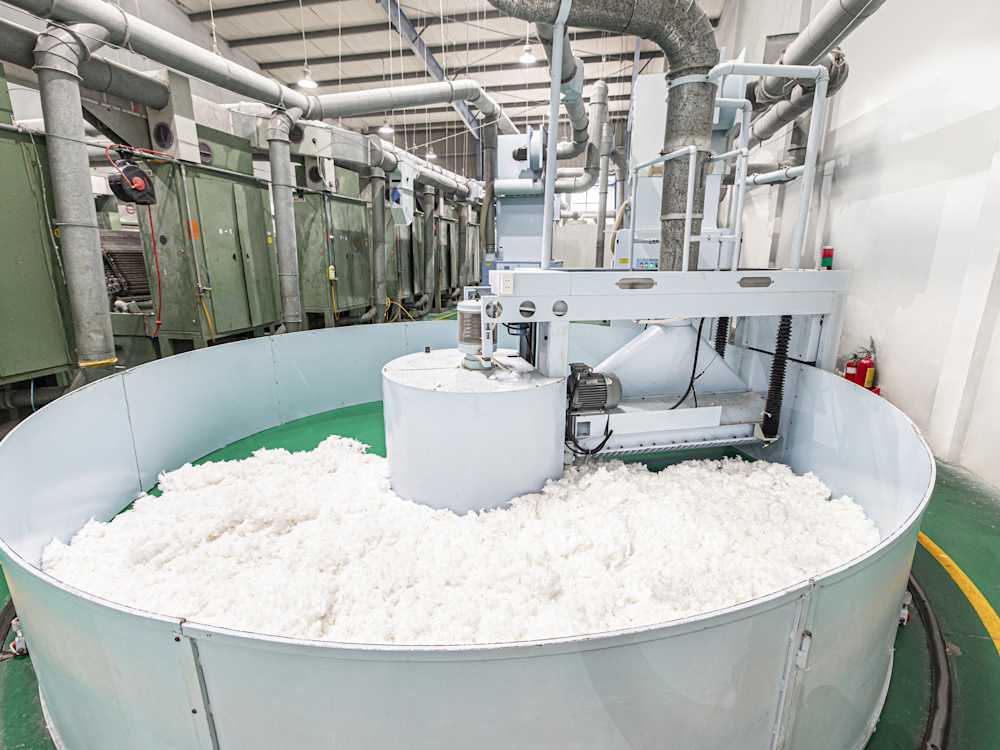
What impact will the injection of capital from responsAbility have?
We will specifically improve technology, purchase more machinery and equipment to gradually increase automation, develop more products, expand more markets, and reduce product costs, all of which will be beneficial to the company as well as consumers, the community, and society.